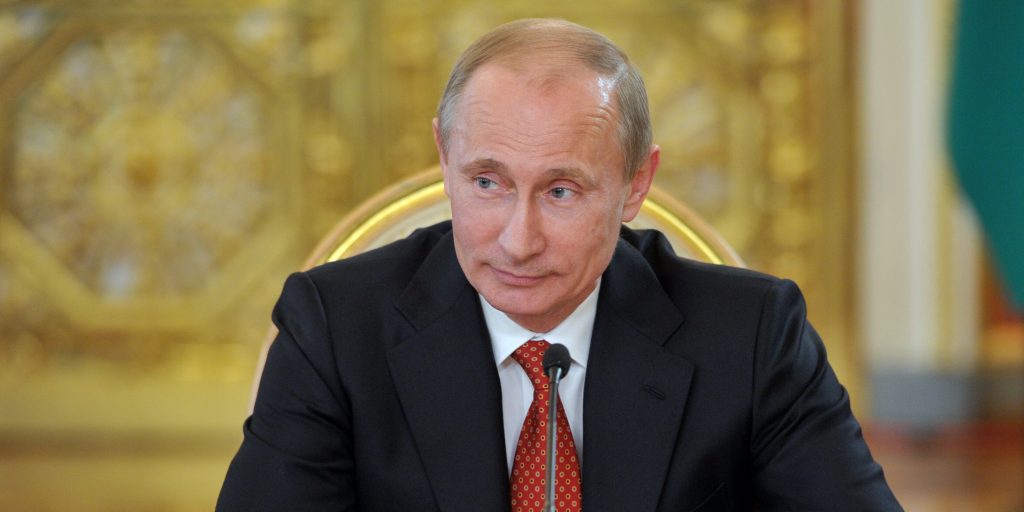Vucic still denied having close ties with Russian President Vladimir Putin.
Others are reading now
Serbian President Aleksandar Vucic has defended his country’s decision not to align with European sanctions against Russia, even as Serbia continues to condemn the invasion of Ukraine.
No Close Ties with Putin
Speaking at the GLOBESEC security conference in Prague, Vucic acknowledged Serbia’s unique position within Europe, emphasizing that while Serbia has not imposed sanctions, it has consistently condemned the war in Ukraine, including through votes at the United Nations General Assembly, according to Ziare.
Vucic still denied having close ties with Russian President Vladimir Putin, refuting claims that Serbia acts as a “Trojan horse” for Moscow. He clarified that he has not met or spoken with Putin since Russia’s invasion of Ukraine over two years ago.
“Yes, traditionally we have very good connections and we don’t hide it. And I’m not ashamed of it,” Vucic said, highlighting the historical ties between Serbia and Russia.
Also read
Potential EU Membership
Despite the pressure from the European Union, Vucic maintained that Serbia’s stance is clear and widely understood, even if not agreed upon by other European nations. Serbia, along with Turkey, remains one of the only EU candidate countries that has not imposed sanctions on Russia.
Regarding Serbia’s potential EU membership, Vucic was skeptical about the prospect of joining the bloc by 2028.
He cited significant differences between Serbian and EU interests as a major hurdle, suggesting that even if Serbia or other Western Balkan countries were to join, it would likely not happen before 2030.
Serbia’s slow progress on democratic reforms and rule of law, essential for EU membership, has also been a significant barrier. Additionally, the country’s reluctance to align its foreign policies with the EU, particularly concerning Russia, continues to complicate its path to membership.


